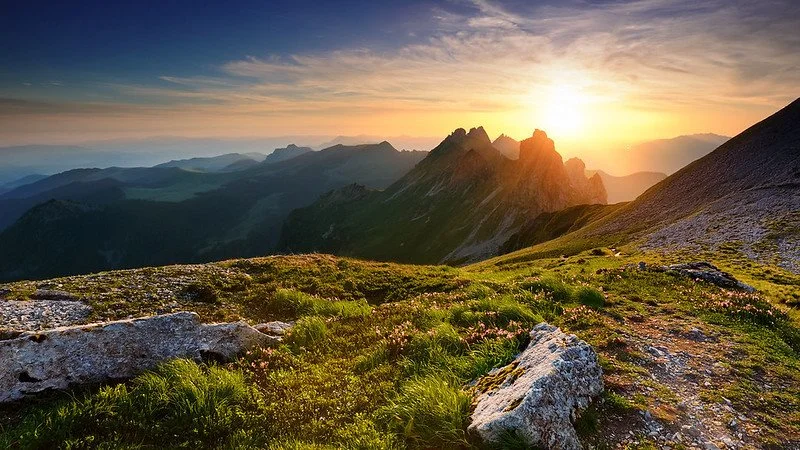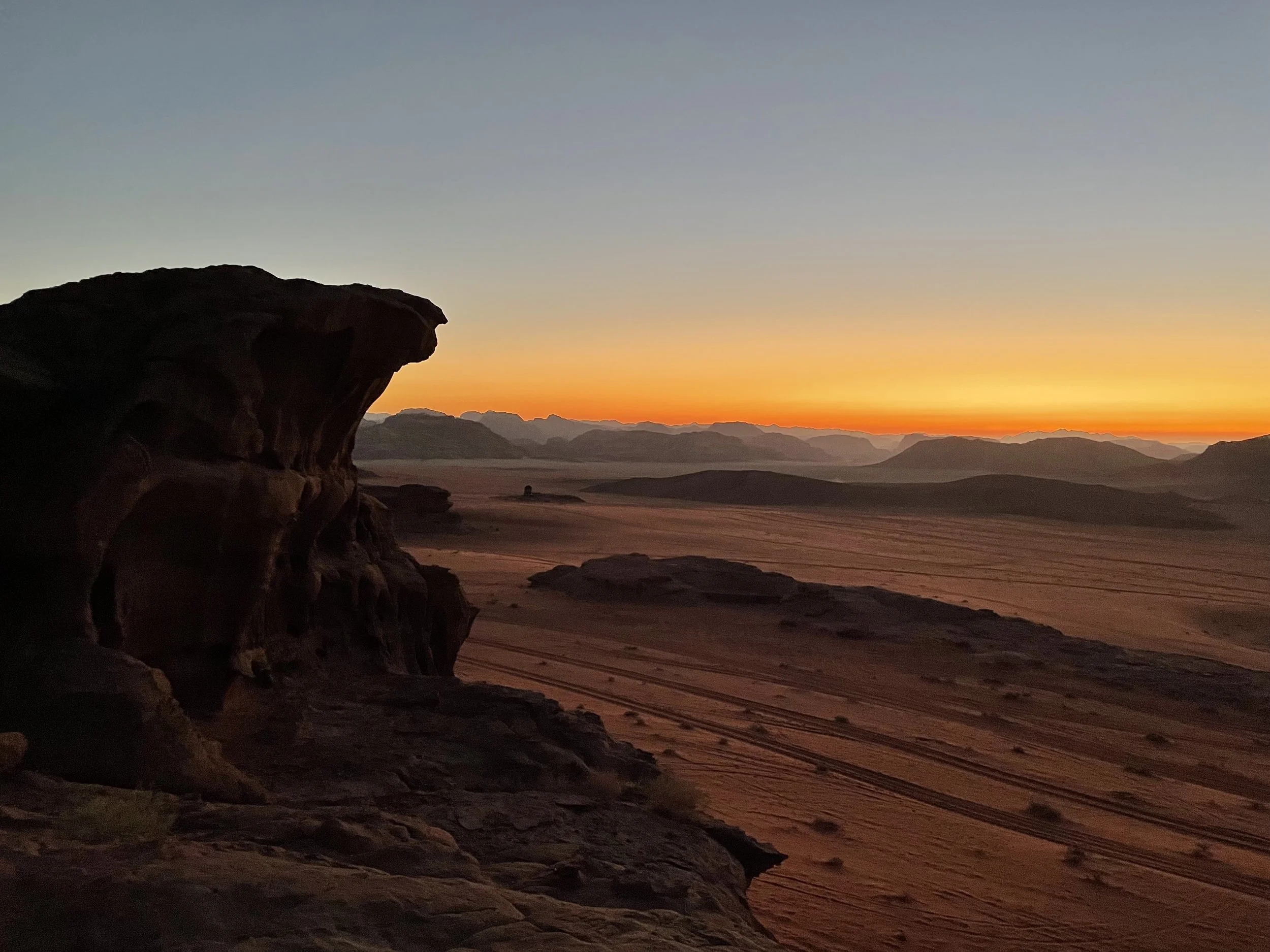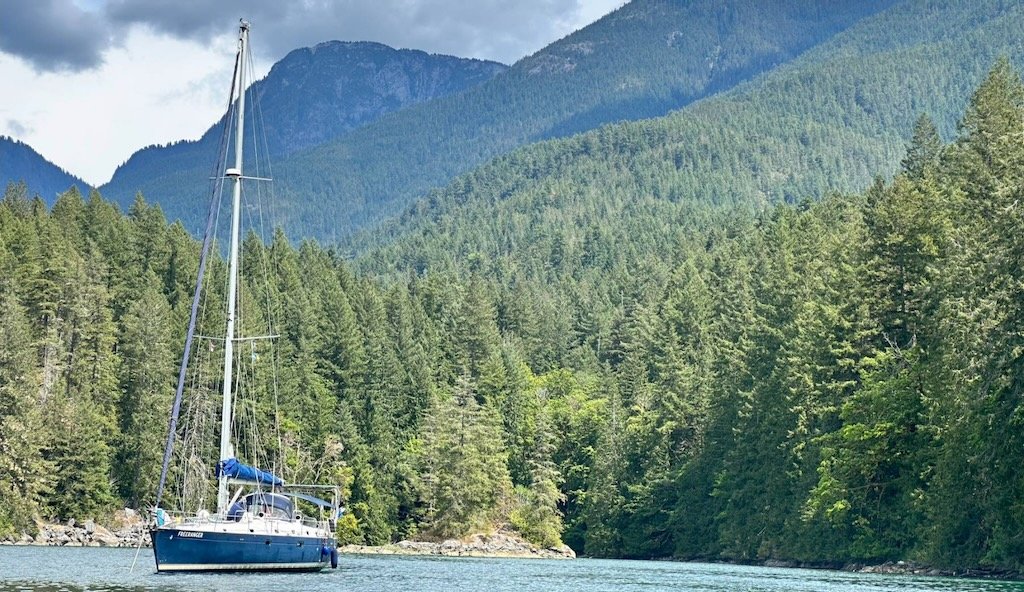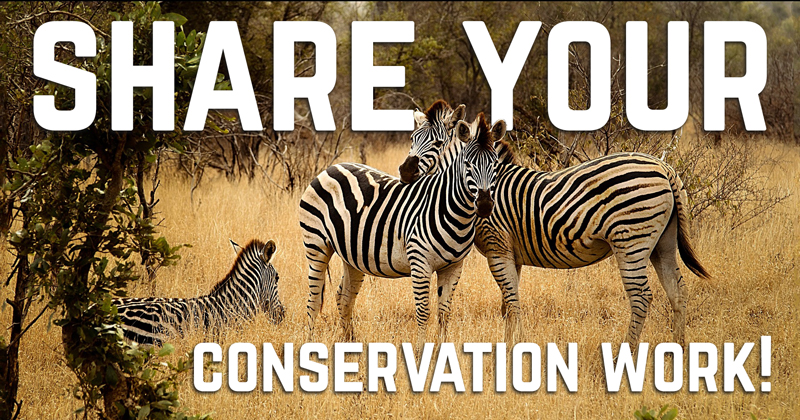
ATCF CONSERVATION STORIES
Stories of Collective Action in Conservation
Meet ATCF Adventure Leader, Flickr
If there’s one thing Flickr understands better than anyone, it’s the power of an image to spark connection, curiosity, and care. As one of the world’s most iconic photo-sharing communities, Flickr brings together millions of people who document the natural wonders of our planet (from remote alpine ridges to vibrant coral reefs) and use visual storytelling to inspire global appreciation.
As an ATCF Adventure Leader, Flickr directly supports our backbone, enabling us to secure donor dollars to flow straight to community-led conservation projects around the world.
Strategies for Successful Bidding at the ATCF Auction
The World’s Largest Adventure Travel & Gear Auction Benefiting Conservation Kicks Off September 27, 2025, World Tourism Day
With two outstanding auction promotional sponsors, AFAR Media and Flickr, bidding is expected to be competitive! Discover a few helpful tips for successful bidding in this post.
The World’s Largest Adventure Travel & Gear Auction Benefiting Conservation Kicks Off September 27, 2025, World Tourism Day
The World’s Largest Adventure Travel & Gear Auction Benefiting Conservation Kicks Off September 27, 2025, World Tourism Day
With two outstanding auction promotional sponsors, AFAR Media and Flickr, bidding is expected to be competitive!
Save the Date: The 2025 Adventure Travel Conservation Fund’s Auction opens on September 27th
Save the Date! The 2025 Adventure Travel Conservation Travel Fund Auction is coming soon!
BIG NEWS: 90 New Members Have Joined Our Mission!
We’re thrilled to announce that nearly 90 new Associate Members have joined the Adventure Travel Conservation Fund — the largest membership increase in our history!
This incredible momentum stems from a new initiative with the Adventure Travel Trade Association (ATTA), which aims to connect mission-aligned companies with ATCF’s global conservation community. Together, we’re expanding our reach and strengthening our impact to protect the wild places we all love to explore.
Public Lands, Conservation, and the Future of Adventure Travel
At the Adventure Travel Conservation Fund (ATCF), we are committed to advancing travel as a force for good—one that protects the planet, empowers communities, and supports a thriving, responsible industry. As such, we want to share our position on a matter that affects us all: the increasing threats to public land protections, conservation funding, and the foundational environmental policies that make adventure travel possible.
Standing Firm in the Face of Conservation Rollbacks
We know our members are not bystanders. You have built businesses and careers around the values we share—Planet first. People centered. Impact driven. Partner powered. Now is the time to harness that collective energy. Join Us. Support Us. Collaborate.
Meet ATCF Member Another World Adventures
Meet new ATCF member Larissa Clark, Director of Another World Adventures who has recently co-founded an amazing new directory connecting sailors to scientific projects that need data or research. She also nominated Women in Science, one of the ATCF grant winners for 2025.
Empowering Whale Conservation and Marine Communities
World Cetacean Alliance received a grant through ATCF’s “Adopt a Project” programme, an initiative that empowers the ATCF members and partners to directly support specific conservation projects around the world, providing meaningful contributions toward environmental and cultural preservation.
This impactful funding was made possible by the generosity of ATCF member Toad&Co, and will help to expand World Cetacean Alliance’s Whale Heritage Areas network, as well as launch a new online community platform to connect and empower their Partners and Whale Heritage Areas globally.
Empowering Communities and Conservation Through Sustainable Beekeeping at Mugie Conservancy
A new grant provided by the Adventure Travel Conservation Fund will help create a robust beekeeping enterprise that will empower local women while protecting wildlife in the Mugie Conservatory in Kenya.















